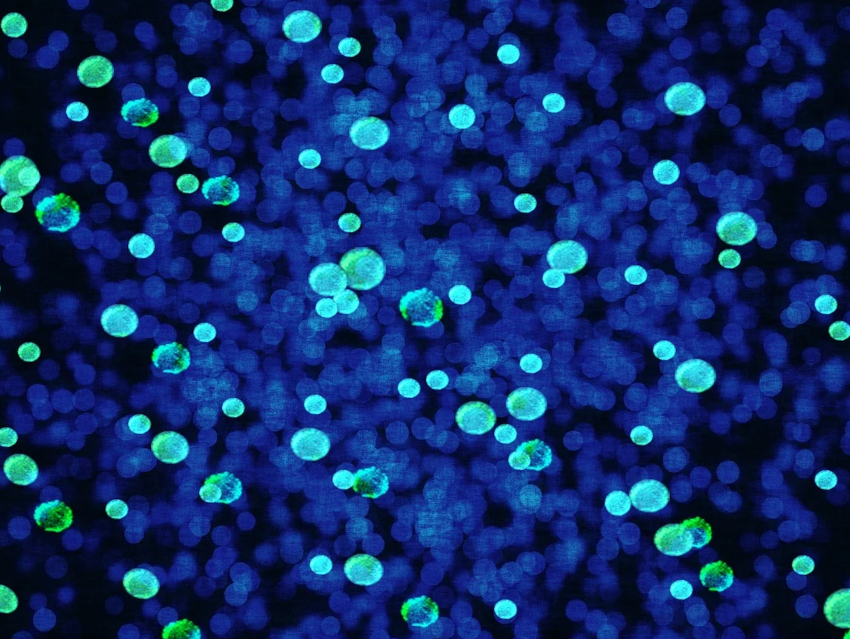Melioidosis is an infectious disease caused by a bacterium called Burkholderia pseudomallei. It can be severe or even fatal and is often difficult to diagnose. The disease is most prevalent in northern Australia and Southeast Asia. It can be challenging to treat due to the bacterium’s ability to survive inside host cells, where antibiotics have poor bioavailability.
Tracey A. Newman, Nicholas D. Evans, University of Southampton, UK, and colleagues have developed polymersome (PM) nanoparticles made from poly(ethylene oxide)-polycaprolactone (PEO-PCL) copolymers that can be loaded with antibiotics to promote intracellular uptake. The team incorporated the antibiotics doxycycline or rifampicin into the nanoparticles’ core or shell, respectively, by adding them to either the aqueous or the organic phase during the formation of the particles.
The researchers used Burkholderia thailandensis-infected macrophages to test the PM uptake and antibiotic release. They found that loaded PM nanoparticles release antibiotics upon uptake by macrophages and reduce the bacterial burden of the cells. According to researchers, PM-based formulations of antibiotics could warrant development for clinical use.
- Antibiotic-Loaded Polymersomes for Clearance of Intracellular Burkholderia thailandensis,
Eleanor Porges, Dominic Jenner, Adam W. Taylor, James S. P. Harrison, Antonio De Grazia, Alethia R. Hailes, Kimberley M. Wright, Adam O. Whelan, Isobel H. Norville, Joann L. Prior, Sumeet Mahajan, Caroline A. Rowland, Tracey A. Newman, Nicholas D. Evans,
ACS Nano 2021.
https://doi.org/10.1021/acsnano.1c05309




